 The brave little climber in this photo is my four-year-old grand-ezer. She’s the same little ezer who, this past summer at a pool here in Philly, stood in line with kids twice her size and—armed with her floaties—jumped off the diving board into the deep end. Anyone watching her tackle that rock wall or jumping off that diving board would have heard her parents cheering her on.
The brave little climber in this photo is my four-year-old grand-ezer. She’s the same little ezer who, this past summer at a pool here in Philly, stood in line with kids twice her size and—armed with her floaties—jumped off the diving board into the deep end. Anyone watching her tackle that rock wall or jumping off that diving board would have heard her parents cheering her on.
And yes, she made it to the top!
A New Day for Girls
Today little girls are finally hearing, “You can be anything you want to be!” That message is long overdue, but doesn’t yet have the global reach so desperately needed in today’s world.
It is one of life’s mysteries that the church hasn’t led the charge—challenging girls to push the limits of their abilities and opportunities. The Bible is a storehouse of powerful narratives of women (many of them young girls) who courageously answered God’s call, often risking their lives, to step up and lead in a variety of situations. Their bold actions take place within the ancient patriarchal culture, which effectively places an exclamation point beside their stories. Yet instead of giving these narrative texts the same weight we give to any other biblical text that references women, the language of “silence” and “submission” has become the dominant message for women and girls.
Strong women like Tamar, Rahab, Deborah, Jael, Priscilla, and Junia have always posed problems for interpreters because biblical writers clearly admired these women and held them up as outstanding examples of godliness even though their conduct broke with accepted convention. They were daring, took the initiative, and courageously exercised leadership, even in their interactions with men. To resolve the conflict this poses, biblical interpreters . . . reclassify them as ‘exceptions,’ thereby removing their portraits from the gallery of acceptable role models for Christian women. —Lost Women of the Bible
Considering the enormity of the mission God has entrusted to his image bearers, the church cannot afford to bench half of our vital human resources. This creates a major quandary for women, for we have responsibility before God for the gifts, privileges, and opportunities he has entrusted to us. It’s hard to imagine burying our gifts and folding our hands when so much kingdom work needs to be done. Furthermore, in this #MeToo/#ChurchToo world, we need these Lost Women of the Bible to teach us to be strong and courageous.
For those who fear a female uprising, let us be clear. This is the best possible kind of uprising, and it is long overdue. These biblical stories and the impact they are having on women’s lives are good news for the church and beyond. Narratives of strong women and girls in the Bible aren’t fomenting a gender war or encouraging women to elbow their way to the top of the power pyramid. The strengths and gifts God entrusts to his daughters (and to his sons) are never ends in themselves. They are a God-given trust—a stewardship—gifts designed to empower, bless, and bring goodness, flourishing, and justice to others. These indispensible female role models exert themselves in radically counter-cultural daring gospel ways for the sake of others and for God’s kingdom. The world is a better place because of their courage. And their stories challenge us—women and girls today—to do the same.
Recovering the Bible’s Message for Women
For nearly twenty years, I’ve been committed to recovering the stories of women in the Bible—for my own sake as much as for other women.
Through the women of the Bible, God puts real everyday faith on display for the world to see. Their stories portray in vivid tones the resolute ‘risk it all’ brand of courage that faith in such a God produces. —Lost Women of the Bible
These ancient stories have been utterly life changing for me, and it is gratifying to hear women from around the world say these strong female role models are changing their lives too.
Like the wheelchair bound woman in her 70s—a former missionary, then a pastor’s wife, now divorced and alone—who was completely convinced her climbing days (metaphorically speaking) were over. When a young friend of mine told her Eve’s story and explained the meaning of ezer—that this calling begins at birth and lasts for a lifetime—the spark of life returned to her with force. “I have a mission!” she exclaimed.
Then, because this news was too good to keep to her herself and because she wished she’d known it all along, she urged, “Go tell the girls!”
That’s exactly what is happening.
“Go tell the girls!”
Authors Rachel Spier Weaver and Anna Haggard, along with illustrator Eric Elwell, have launched the Called and Courageous Girls book series for girls ages 3 to 7. These beautifully illustrated books present the courageous stories of women in the Bible in ways that little girls can truly relate to and own for themselves. We owe these two authors a tremendous debt of gratitude for taking these powerful stories to this young audience before negative messages for girls begin to take root.
In the words of Sarah Bessey, author and mother of young girls,
“If you’ve ever wondered where the women of Scripture are in the children’s book section, this book is your bright and bold and gorgeous answer.”
Weaver and Haggard just released their third and newest volume, A Fearless Leader: A Bible Story about Deborah!
To give you a taste of what’s inside and get the blood pumping through your veins, here’s the trailer.
What I wouldn’t give to have had these books when I was reading books to my daughter. What I wouldn’t give to have read these books myself when I was little.
Truly A New Day for Girls!
As I watched my courageous little four-year-old ezer reach for that next rock—her little three-year-old sister watching from below with every intention of climbing that wall too—I thought my heart would burst with hope. How good to see her discover that she can do more than she imagined. How incredible for her to inspire her little sister to reach for new heights too.
I thank God for the Called and Courageous Girls book series and for the expansive vision and aspirations these stories are instilling in the hearts and minds of little girls God created to love and serve him with all their hearts, souls, strengths, and minds.
Truly this is a new day for girls, and because of that it is a new day for all of us! Who knows how this will change their stories and how their courageous stories will change the world for others!
A Brave Big Sister: A Bible Story about Miriam
An Extraordinary Teacher: A Bible Story about Priscilla
Coming soon! An Unexpected Hero: A Bible Story about Rahab
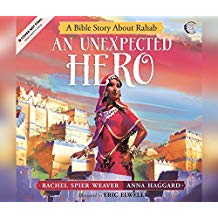


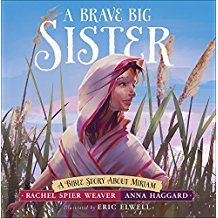




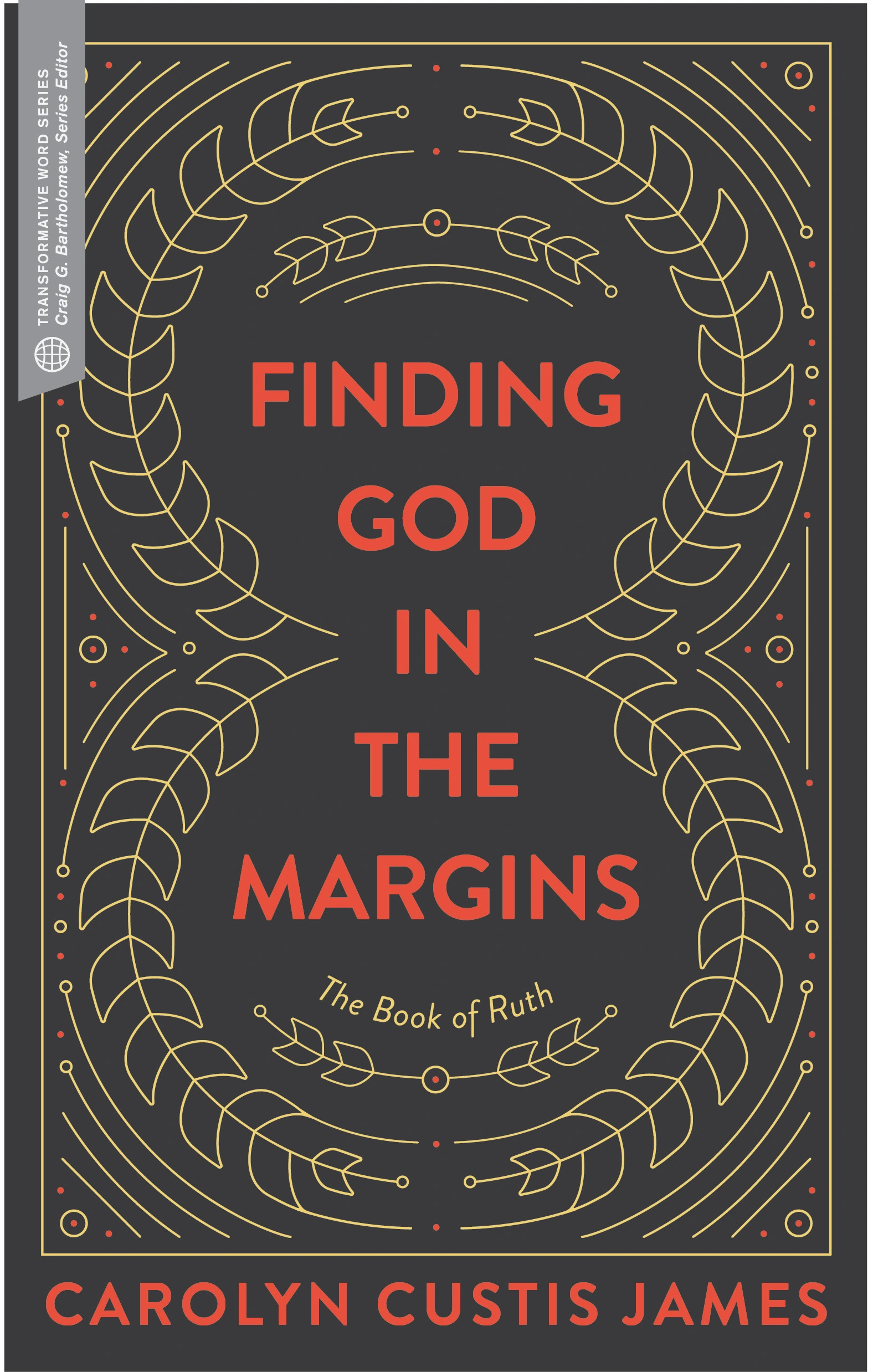
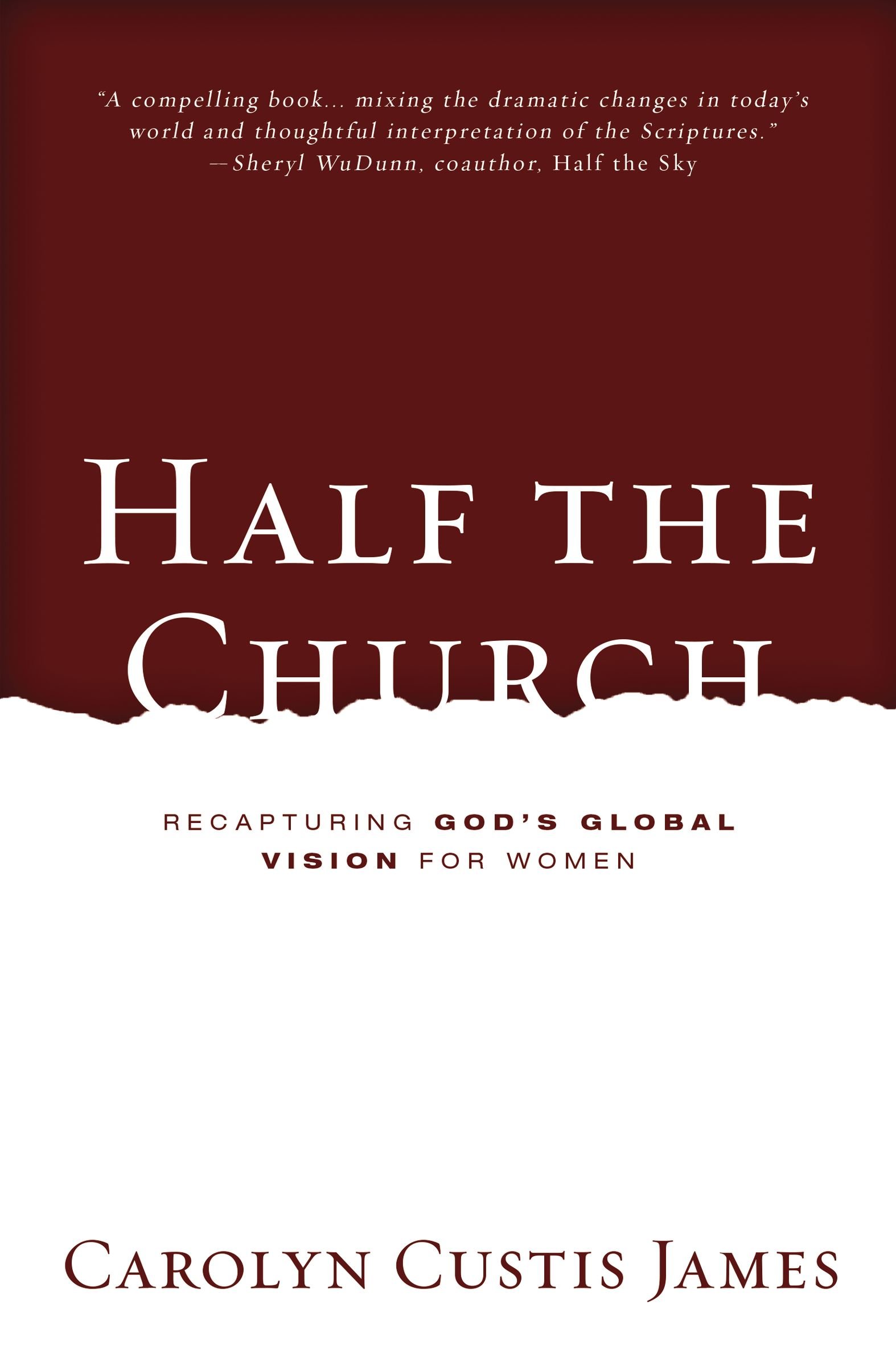
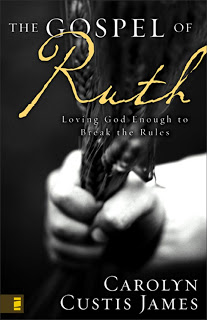
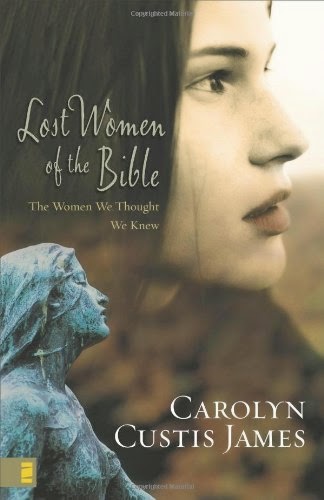







Hi Carolyn – Many excellent points. My wife and I have read most of your books, and learned a lot from them. Seems to me there are so many Biblical arguments for equality. First, after Adam and Eve were created, they were “one flesh.” Shouldn’t that mean that both halves are of equal importance? Then there’s the Old Testament prophecy that says God will pour our his Spirit on “all flesh” – “men and women alike.” (Even true of slaves.). And twice in the Gospels Jesus is recorded telling the Sadducees there will be no marriage in heaven – that all men and women will be like the angels.
I know Paul placed some restrictions on women – head coverings, silence in church, not teaching men, etc. But I looked for those in the Mosaic Law and then in the rest of the Old Testament. Did not any of those taught ANYWHERE there. Which makes me wonder – and, yes, I’m guessing here – but I wonder if Paul wasn’t honoring customs that had developed between Moses’ time and his. The closest I found was when, I think it was Rachel, covered her face with a veil when she first saw her husband-to-be approaching. As to teaching men, at the end of Proverbs the writer (King Lemuel?) praises his mother what what a good job she did teaching him.
It wouldn’t surprise me if many societies haven’t made women subservient for one simple reason: usually, they’re shorter. I think one of my grade school teachers tried to hint strongly at that. She told our class about a study that had measured the heights of a large group of men – then noted who the leaders were. Almost always, it was the tallest men. Not because of intelligence. Not because of they deserved it. Just because of one thing – height – and its psychological results. So I wonder if many women haven’t accepted a secondary role – and men insisted on that role – because most women are shorter. If so, give us more “ezers” to show us, in this world, how Jesus said things will be in heaven!
LikeLike
Hi Peter,
I think a lot of what Paul said about gender roles was simply recognizing and honoring the customs of his culture. The subtext was: Be an upstanding person (woman or man) in your culture. In a different culture, the specific advice would be different because the culture and its gender roles would be different.
About “the tallest man,” I recall (perhaps not completely accurately—it was a long time ago), in a college class in ancient Greek mythology and history, the professor saying that a common way of determining who would be the king and lead the army in the days of the city-states was for potential leaders to fight each other. Whoever won would be crowned king. That was usually the biggest, tallest guy. If a man was so massive that there was no serious competition, he became king without even bothering to have the fight.
This “tallest man” motif is also reflected in the Bible. Saul, the first king of Israel, “stood head and shoulders above everyone else” (1 Samuel 9:2). And when God sent Samuel to the household of Jesse to anoint Saul’s successor, Samuel naturally thought Eliab, Jesse’s firstborn, would be the one because of his appearance, and specifically because of “the height of his stature” (1 Samuel 16:7). But God had other plans, and had Samuel anoint the youngest, shortest son instead. Thus began one of the great underdog stories of the Bible!
LikeLike
I should have said “youngest and presumably shortest son.” The Bible doesn’t actually say that David was short. Only that he was young at the time.
LikeLike
Hi Carolyn,
Great piece! Too bad these books weren’t around two or three decades ago when I was raising my daughter and her brothers. But at least they’re available and in circulation now.
Meanwhile, a few years ago I happened to mention to my wife in conversation (yes, we have those types of conversations) that there are a number of women in the Bible who had a decisive influence on the course of the Bible narrative, and of Judaeo-Christian history. “Really?!?” she said. “You should write an article about that! We hardly ever hear about it.”
And so I did:
Is the Bible a Book about Men? What about Women?
Certainly women had lower status than men in Bible times. But the common idea that they were just beasts of burden and decorations in the background simply isn’t borne out by their actual characters and roles as described in the Bible story itself.
LikeLike
If you watch those NCIS and other detective programs on TV, you always see women doing the same jobs as the men. Another quote I remember as well: Sometimes the best man for the job is a woman.
LikeLike
What a great message! This book is amazing! The illustrations and the story are inspiring.
LikeLike
What a great review of these wonderful books. I’m so glad to have these stories to read to my daughter!
LikeLike